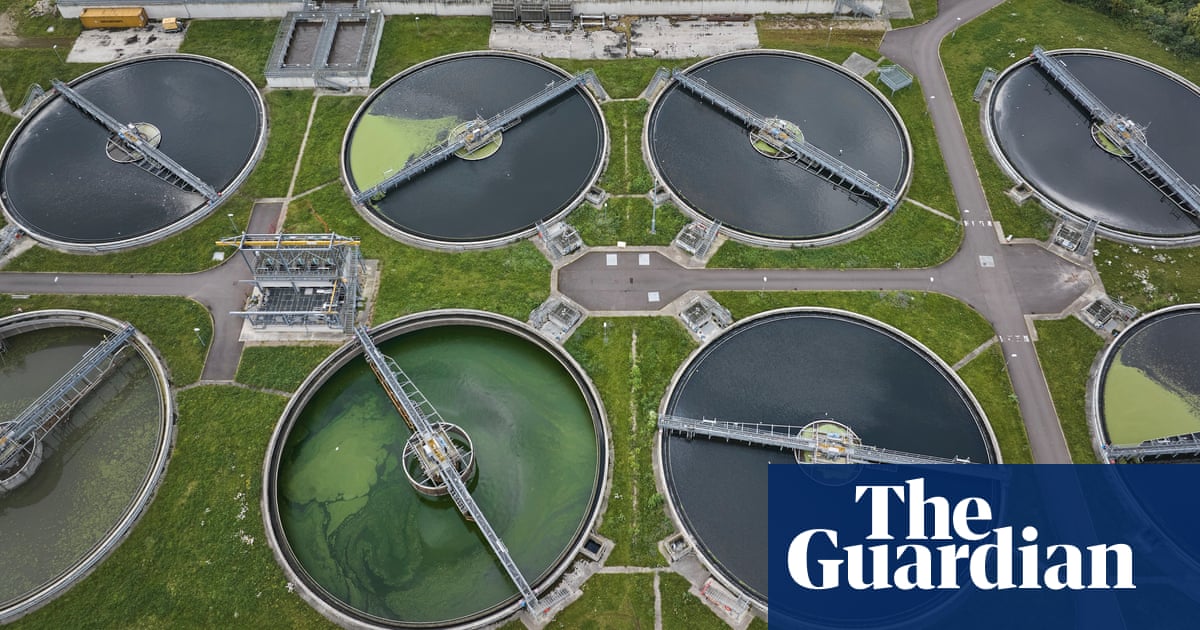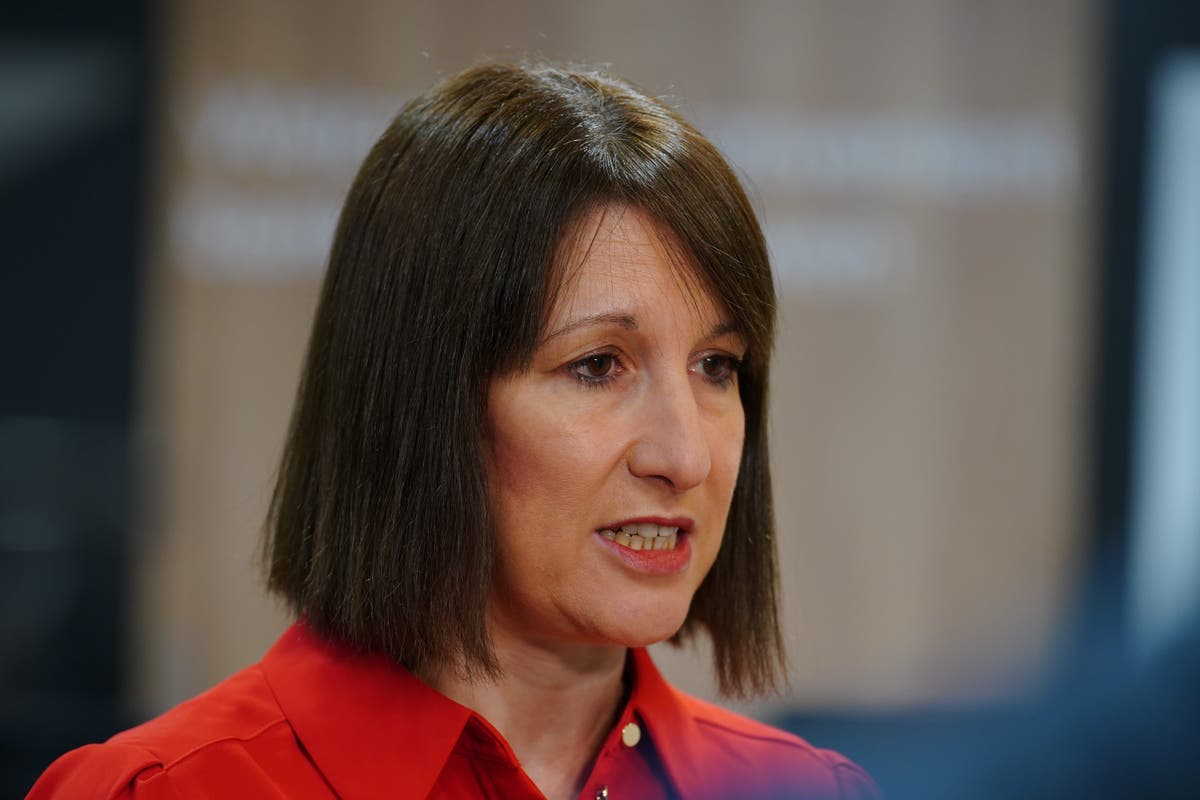Poor state of Thames Water a ‘critical risk’ to UK, Starmer and Reeves told

- by Admin
- July 8, 2024

The prime minister and chancellor have been briefed by Whitehall officials that the poor state of Thames Water presents a “critical risk” to the country, the Guardian understands.
Fears about the company go beyond its precarious financial position and include the management of sites that provide drinking water and sewage treatment for millions of customers across the capital and the Thames valley.
Keir Starmer and Rachel Reeves were first to be briefed on the issue. They were warned by civil servants that the dire state of Thames’s infrastructure is one of the most urgent problems facing the new government, according to sources.
The condition of Coppermills, a vast water treatment works in north-east London that serves as many as 3 million people, is particularly alarming, ministers and aides have been told. The site is classed among the UK’s most important pieces of national infrastructure.
A financial update on Tuesday is due to reveal more about the frayed finances of Britain’s biggest water company. Thames’s annual results will be followed on Thursday by an initial verdict from the water watchdog Ofwat on water companies’ five-year spending plans and bill increases.
Thames was among a list of “critical risks” that require urgent attention, with its potential financial collapse considered a potential “major threat to critical national infrastructure”, according to briefings given to the prime minister and chancellor.
Management failings have added to fears of potential “widespread disruption to essential services” caused by crumbling infrastructure, it is understood.
It has been reported that the ailing water company is among the top priorities of the prime minister’s chief of staff, Sue Gray.
On Monday, the PM’s spokesperson suggested that the government would prefer not to nationalise the company, saying it doesn’t “think it’s the right course of action”.
They added: “Instead, the government’s focused on holding these companies to account, ensuring they’re investing and improving our systems rather than rewarding themselves.”
Nevertheless, the government will have no choice but to move to safeguard London’s water supply should Thames’s finances fail. Thames is the most indebted of the UK’s water monopolies and is labouring under a £15.6bn debt pile.
Its finances have been left threadbare after previous shareholders, led by the Australian bank Macquarie, siphoned out billions of pounds of dividends and it was fined for pollution and leaks.
Emergency plans drawn up by Whitehall and seen by the Guardian would turn the company into a publicly owned arm’s-length body under the state’s special administration regime. This would ensure that it can continue to provide water and sewage treatment services to its 16 million customers in London and the Thames valley.
Thames is burning through its cash reserves as it struggles to attract new investment. Last month it was revealed by the Guardian that the company agreed to pay a £150m dividend in late March – hours before its existing shareholders U-turned on providing £500m of emergency funding.
Concerns about its future rest not only on its financial position. Officials are fearful of the ability of the company to make and manage essential improvements to is creaking operations and infrastructure.
after newsletter promotion
In a sign of how serious concerns about its future are, the debate is being weighed at No 10 and 11, rather than solely at the Department for Environment, Food and Rural Affairs, which has been working on rescue plans with the Treasury.
A spokesperson for Defra said: “We are closely monitoring the situation and the company remains stable.”
A source close to Steve Reed, the newly appointed Defra secretary of state, said: “We are in this situation because of 14 years of Conservative incompetence. The Conservatives weakened regulation, allowing water companies to get into debt while the sewage system crumbled and illegal sewage-dumping hit record levels.”
They added: “The election of this Labour government is a reset moment for the water industry. Over the coming weeks and months, this government will outline its first steps to reform the water sector.”
Plans for Thames’s nationalisation would in effect pull it on to the government’s balance sheet. Investors would be likely to face steep losses on loans made to the company.
Thames Water declined to comment.
A spokesperson for Ofwat declined to comment on specific briefings. They said in a statement: “Safeguards are in place to ensure that services to customers are protected, regardless of issues faced by shareholders of Thames Water. We will publish our view of its business plan for the 2025-2030 period on 11 July, along with all other water companies, as part of our PR24 proposals. Thames Water must continue to pursue all options to seek further equity to fund its turnaround plan for the benefit of customers and the environment.”
The Latest News
-
December 23, 2024Christmas shopping from a more civilised age! As Britain is gripped by festive getaway chaos and a looming recession, how the country used to get its last-minute purchases done in style
-
December 23, 2024On board with the pilots doing one of Britain’s toughest jobs
-
December 23, 2024Christmas Travel LIVE: Traffic chaos on motorways while flights cancelled
-
December 23, 2024UK economy stagnates as GDP figures revised down
-
December 23, 2024Donald Trump taps ‘Apprentice’ producer as special envoy to UK





